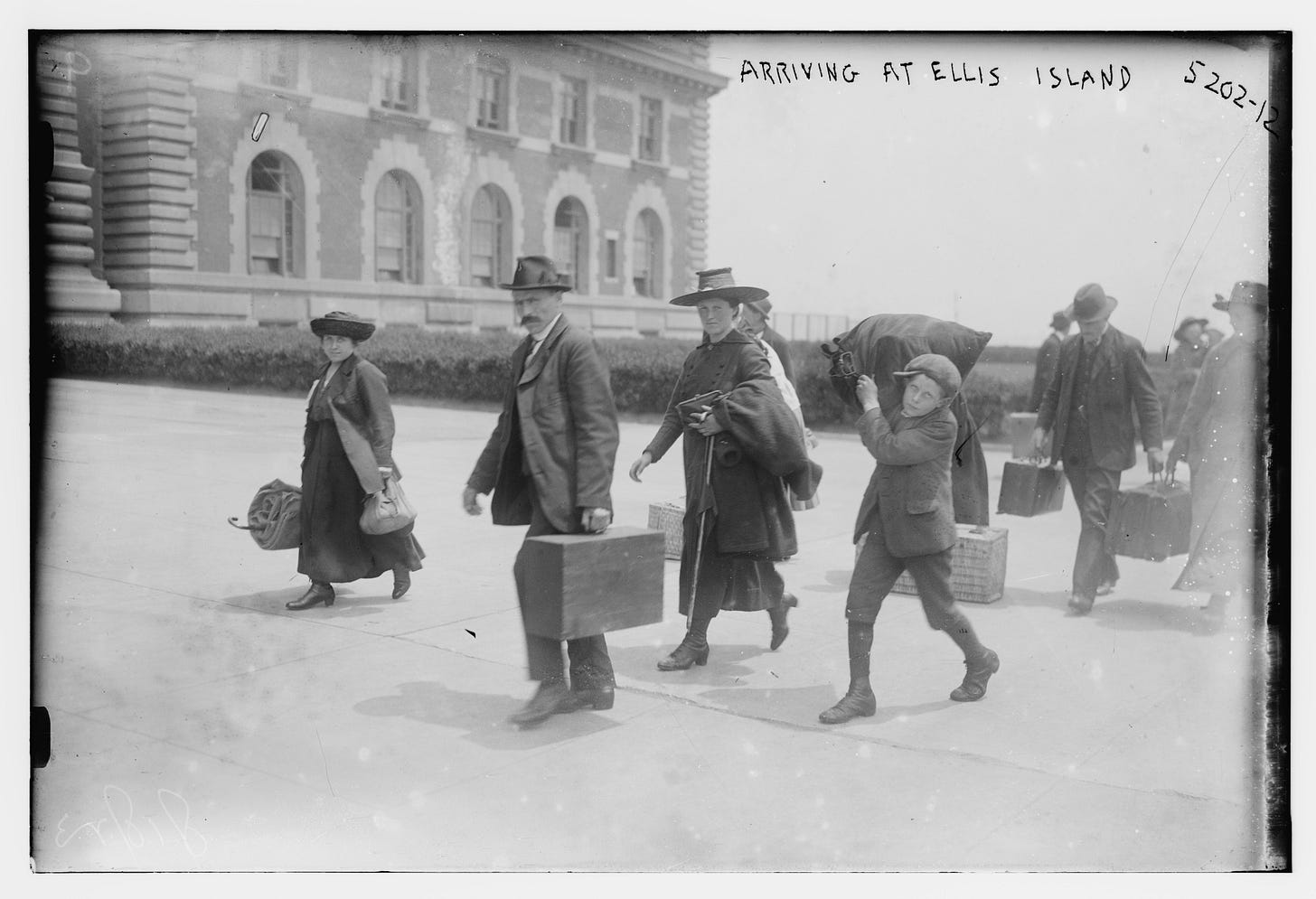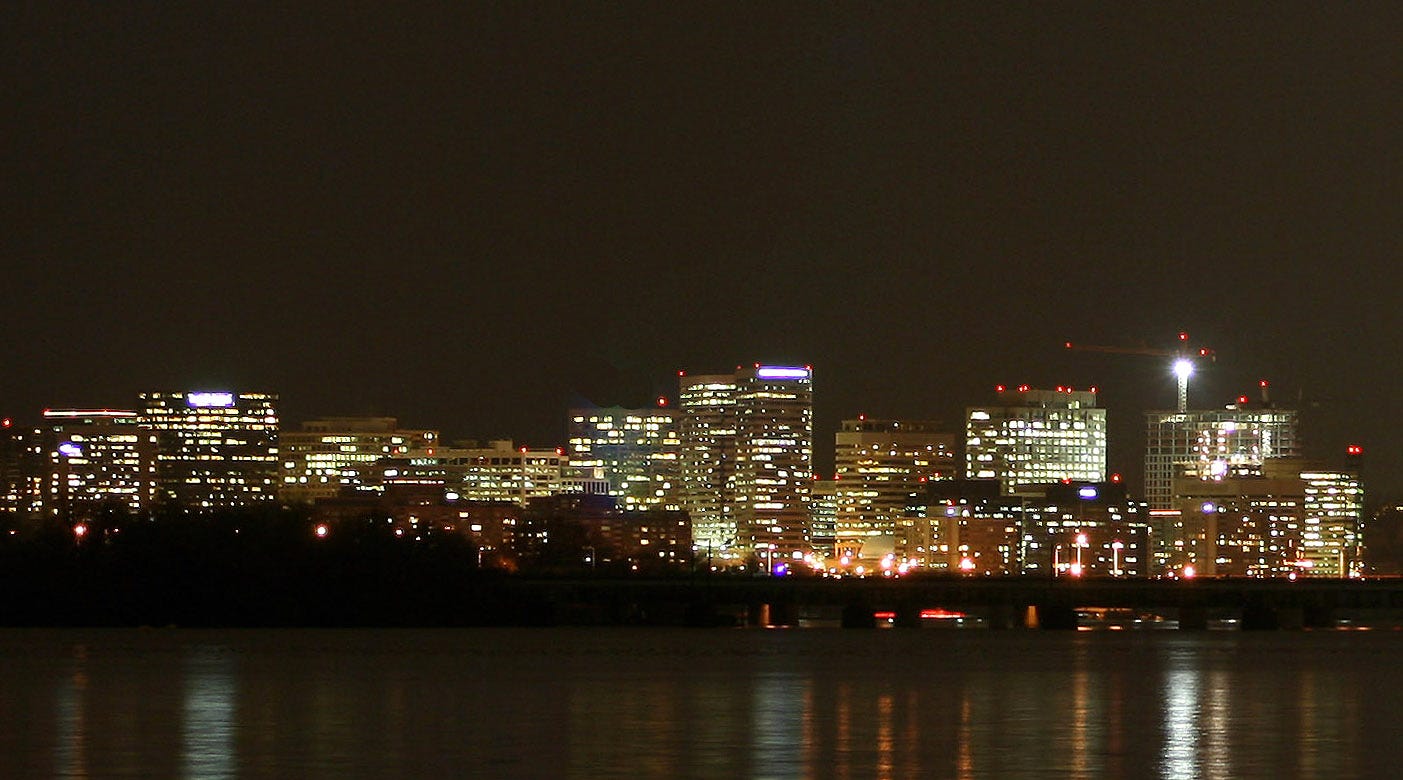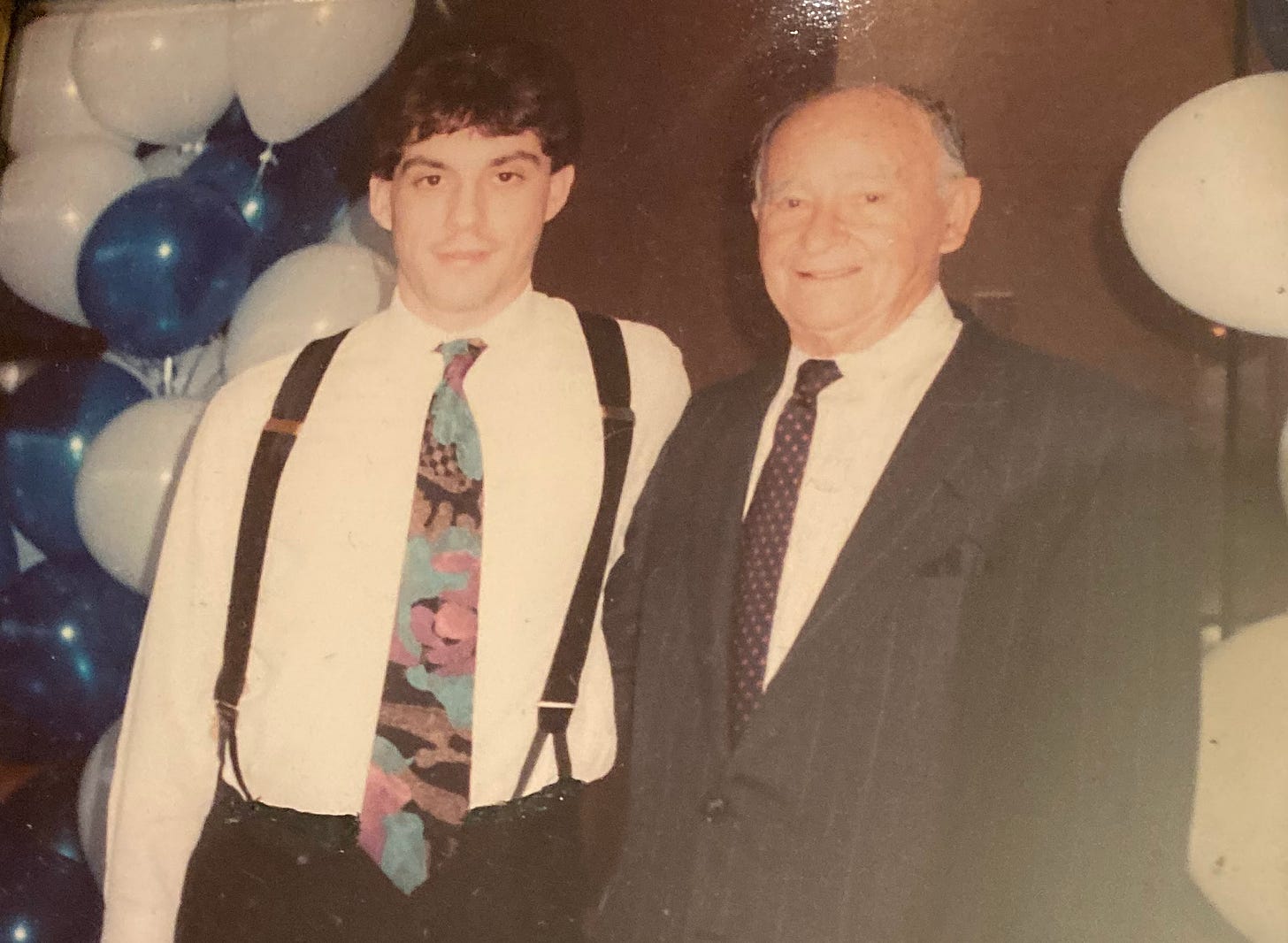
As a result of her marvelous 1,000+ interviews over the years, most of which can be found at onbeing.org, the always insightful Krista Tippett has concluded two things: first, many of this country’s most creative and constructive leaders are working in nooks and crannies of society, unbeknownst to 99% of America; second, their leadership inclinations, talents and skills were, more often than not, forged at a very early age. David Bruce Smith’s life story supports her conclusions.
While active in various philanthropies over the years (he and I first met when we both served on a university board, 20 years ago), David has poured most of his pro bono passion into a book nook. He told me why recently: “When I was six years old, my grandfather said to me, ‘It’s very important for you to read biographies of historical figures;’ when I asked him why, he said, ‘If you do, you will have a reservoir of wisdom from which to draw when you grow up.’”
His grandfather knew something about history and wise advice. By 1906, the second of three savage pogroms had run its course in Russia; however, not before thousands of Jews had been murdered and, in some towns and villages, a third of all Jewish women raped. A year later, the family’s essential windmill burned down in the middle of the night. According to David: “My great-grandfather was so distraught, that he paid a visit to the ‘Wise Jew’ in his tiny village of Lipnick—who said, ‘Reuven, pick up, and go to America.’” He did, in 1908. The rest of the family, including his son Charles, followed in 1911.
Russia’s shame was America’s blessing, as David poignantly reveals in Conversations with Papa Charlie: A Memory of Charles E. Smith. “I was a lucky grandson. Papa Charlie was kind and gentle, and his laughter could instantly dispel sadness. His eyes always sparkled with youth because he was ever-youthful and adventurous. But the most important thing he did for me was to constantly encourage me, even if I didn’t always understand why.”
Charles arrived on Ellis Island at age 9, speaking no English. His early entrepreneurship didn’t go so well: he lost his shirt in New York real estate. After weathering the Depression, he moved to Washington, DC in 1942 and built 56 houses just over the Maryland line (in Prince George’s County); the project failed because he couldn’t get utility hookups. After working for others, and sharpening his skills, he founded The Charles E. Smith Company in 1946, and quickly established himself as a savvy spotter of trends, completely trustworthy, and collegial. As Washington grew in national and international importance, Smith’s fortune grew along with it. When JFK was inaugurated, Smith was arguably the second most powerful man in the Nation’s Capital, and one of America’s most successful real estate developers. Before retiring in 1967 (at age 66) to devote himself full-time to philanthropy, Smith had amassed a 20-million square foot portfolio of prime commercial, residential and retail properties, that ranged from the Reagan Airport-adjacent Crystal City to his first office building on Pennsylvania Avenue, across the street from The White House. Smith did much more than build a vast fortune from scratch: he was a visionary who on a daily basis touched in a very tangible way the lives of millions of the Greater Washington area’s workers, residents, and visitors. As a key part of his strategy was to invest with others (for they added project-specific knowledge and helped shoulder the risk), according to The Washington Post: “Just about every important person in Washington has been a partner in some Smith deal.”

The NPR Epiphany
As David’s parents were also gifted and accomplished (Robert as a DC-area real estate mogul, Clarice as a world-renowned painter; and both philanthropists), it’s no wonder he’s the author of 13 books, a pro bono publisher, and a devoted patron of Judaism, education, and the arts. Like all progeny of great wealth, privilege and prestige, he could’ve bought a small Hawaiian island, a big yacht, a fast private jet, and spent his entire life relaxing, goofing off, and rubbing shoulders in Aspen, Davos, and Kauai. But the ancestral pull of service to society was too strong.
After years of dabbling in business, studying (e.g., a Master’s at NYU), writing, and serving on various boards of DC institutions (the renowned Arena Stage, historic Sixth & I Temple, George Washington University, etc.), a propulsive vision snapped into focus in 2014. “I was driving into DC, listening to NPR, and I heard about this survey of middle-school students in Philly, where the Constitution was signed, and it found that eighty-nine percent of the kids thought the Revolutionary War came after the Civil War.”
David took this nugget—and ran with it. “The Seventh, Eighth and Ninth grades are the hardest, in my opinion. Socially, hormonally, psychologically [he’s President of the National Institute of Psychobiology in Jerusalem]. They certainly were for me. So I wanted to try and help out, and combat illiteracy—but also make it fun. This led me to co-found The Grateful American Book Prize with Bruce Cole, the late great Chairman of the National Endowment for the Humanities.” At an annual gala each year in DC, the Prize-winner is awarded $13,000 (in commemoration of the first 13 Colonies, and versus $15,000 for The Pulitzer Prize), plus a silver medallion designed by his very talented mother. Smith’s Prize-winners have included Margot Lee Shetterly for Hidden Figures (2017), L.M. Elliott for Suspect Red (2018), and, most recently, Michelle Coles for Black Was the Ink (2022).
In addition to the Prize, his Grateful American Foundation fulfills its mission in other ways, all of which revolve around the theme of highlighting “the virtues of America’s founding mothers and fathers.” David is quick to add: “Of course our early leaders all had faults, and vices. Who didn’t? Who doesn’t? But what’s lost so much these days in a sort of wholesale revisionist history is the context, and perspective. Yes, George Washington owned slaves; that’s abhorrent to our modern-day sensibilities, as it was to the more enlightened of thinkers back then. But the courage Washington demonstrated in crossing the Delaware as well as at Valley Forge, the magnanimity after defeating the mighty and brutal British, and—especially today—the selfless pursuit of the Greater Good he displayed by refusing to, in effect, be crowned our country’s monarch? How much more badly we’d be off if he’d acted like Napoleon! So yes, by all means we should strip away the myths and bring our early leaders’ vices out into the open, but not at the expense of their profound virtues.”
Like Grandson, like Great-Grandson
David’s son inherited the same zeal to serve others, also at an early age, but his son’s calling was very different. He’s a Navy SEAL. (His name is classified.) “As early as I can remember, he wanted to serve his country. I’ve never known anyone else who knew what he wanted to do, at such a young age. He never lost sight of his vision—continuing in his very unique way—the legacies of Papa Charlie and my father. I am very proud of him.”
Alan Mulally, Frances Hesselbein, Bill Gates Sr. and every other leader profiled here on Under the Hood illustrates that enlightened and loving early education is the wellspring of principled behavior and constructive progress. Each leader has gifted so much of their time, talent and financial resources to cultivating, promoting and otherwise supporting this vital Public Service.
So too has David Bruce Smith and his remarkable family. My home town of DC and the world at large are much better off thanks to the destruction of a windmill in a tiny Russian village in 1907, and a wise elder realizing that hidden in the apparent calamity—was a great blessing.
References:
Empire of the Son and Son-in-Law
The Grateful American Book Prize
Interview with Michelle Coles, 2022 Grateful American Book Prize Winner





Great family feature!
Thank you Eric…Charles E Smith and his family are DC philanthropy legends.